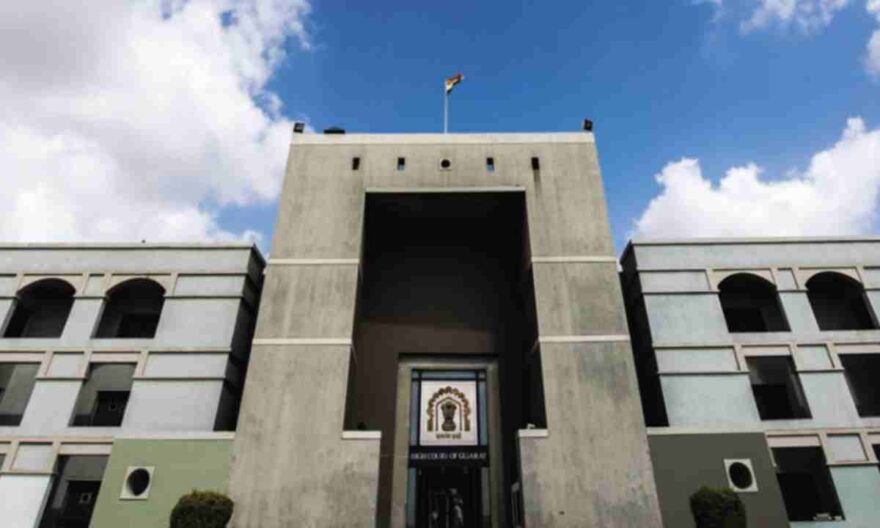
The Gujarat High Court has recently instructed the State government to form a committee to identify cases, particularly rape cases, where weak evidence has led to convictions that are questionable.
A division bench of Justices AS Supehia and MR Mengdey while dealing with a criminal appeal filed by one Govindbhai Parmar, convicted for rape & robbery, noted that the evidence in the case was weak and didn’t inspire confidence.
Despite the lack of convincing evidence, the convicts have remained in jail for 13 years.
The Court highlighted, “We would like to highlight those cases, such as present one in which the convicts are convicted on the basis of inappropriate appreciation of evidence or the conviction is premised on such evidence which does not inspire any confidence or creates doubt, and the convicts have to undergo incarceration for a long period. In the present case, the convict has undergone 13 year and 01 month and 16 days of sentence.”
Further, the court also noted another convict, Virabhai Parmar, who had served 12 years and 9 months.
The bench ordered, “Such cases as the present one which are pending before the High Court need to be identified so that the conviction can be set aside at the earliest even if the sentence of the convicts is suspended. We request the State Government to do the needful in this regard by forming a committee.”
The court clarified that it doesn’t imply that the state should admit to improper convictions but suggested prioritizing these appeals.
In this context, it is worth mentioning that a sessions court in Amreli had convicted four individuals for rape, robbery, and offenses under the Scheduled Caste and Scheduled Tribe (Prevention of Atrocities) Act on August 18, 2011.
According to the prosecution, the incident occurred on February 2, 2009, where the victim was assaulted, raped, and robbed by the accused.
Further, the accused took the victim to an open field near her house and raped her one by one. They later brought her back to her house and tied her to the cot and fled the spot along with the victim couple’s money and a phone.
However, the court observed that the medical evidence did not support the commission of aggravated sexual assault, as there were no significant injuries or trauma to the victim’s private parts.
The incident took place at 1:30 am in the night and the victim informed her husband about the same at 8:00 am in the morning.
The bench observed, “We may reiterate that the medical evidence, does not in any manner indicate the commission of aggravated sexual assault. The medical evidence does not in any manner suggest that the prosecutrix is raped by four accused by six times. Such a gravity of forceful sexual intercourse will leave exacerbating injuries, and could have definitely heavily traumatized the victim. The demeanour of the victim does not indicate that she had undergone such a high degree of sexual assault and ordeal.”




